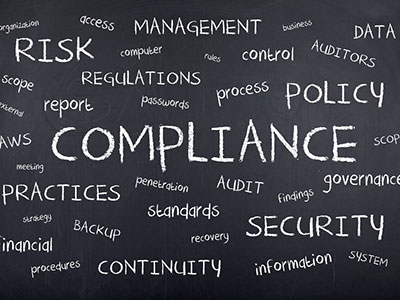On Tuesday, Andrew Ceresney, Director of the Securities and Exchange Commission’s Division of Enforcement, told the House Judiciary Committee that the Email Privacy Act (H.R. 699) and the Electronic Communications Privacy Amendments Act (S. 356) should not be amended to require prosecutors and civil enforcement agencies to obtain criminal warrants when requesting emails and other electronic data directly from internet service providers (“ISPs”), which include cloud-based storage services. READ MORE
SEC Enforcement Director Tells House Judiciary Committee That Investigation Agencies Should Not Need Warrants to Access Email Data Directly from Internet Service Providers










